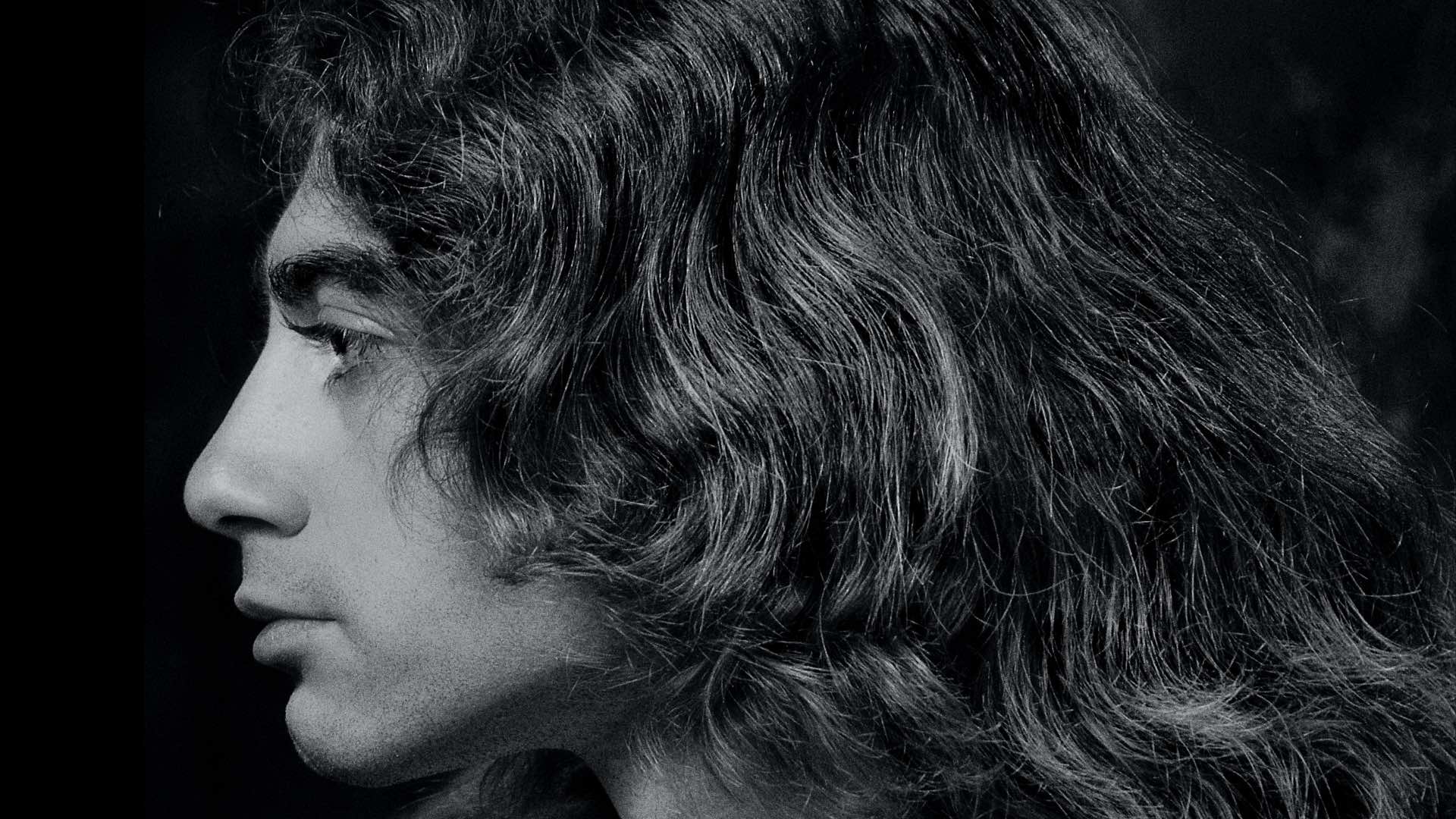The hair restoration market is estimated to be worth a whopping $5 billion. If you’re in your 30s, chances are you get bombarded with ads for prescription pills and sprays designed to help you hang onto your hair as long as possible.
But could keeping a full head of hair be as easy as taking your vitamins every day? The answer is a resounding “maybe.” Vitamins are essential for hair health, but micronutrient deficiencies are far from the most common cause of hair loss.
The vast majority of hair loss (AKA male pattern baldness or androgenic alopecia) is genetic. However, there are several vitamin and mineral deficiencies linked to hair loss, namely riboflavin, biotin, folate, and vitamin B12—all of which play a role in the hair growth cycle.
In this article, we’ll review the latest scientific evidence on seven micronutrient deficiencies that could increase your risk of hair loss and explain how to correct them.
7 Vitamin Deficiencies That (Might) Cause Hair Loss
Vitamins and minerals play important roles in the normal hair follicle cycle, from boosting blood flow to supporting cell growth. Accordingly, chronic nutrient deficiencies could lead to hair loss.
Here are seven micronutrients to pay extra attention to if you want to support healthy hair growth.
1. Iron
Your body uses iron to create hemoglobin, a protein that helps carry oxygen to your cells, including your hair follicles.
Iron deficiencies are the most common nutritional deficiency in the world, and tend to be prevalent among women with female pattern hair loss.
Vegans and vegetarians tend to have low iron levels since the nutrient comes primarily from animal sources.
How to correct an iron deficiency:
- Eat iron-rich foods including red meat, poultry, seafood, legumes, leafy greens, and iron-fortified foods like bread and breakfast cereal
- Take an iron supplement
- Take a vitamin C supplement, which may help with iron absorption
2. Zinc
Hair loss is a common sign of zinc deficiency, according to Dermatologic Therapy.
This is likely because zinc aids protein synthesis and helps repair your hair follicles.
According to a 2017 review, four out of the six studies found low zinc levels in patients with androgenic alopecia as compared to control groups.
Zinc supplementation has been shown to support hair regrowth. One study involving 15 people with hair loss who took 50 mg of zinc gluconate for 12 weeks showed improved results in nine of the 15 subjects.
How to correct a zinc deficiency:
- Take a zinc supplement (you can even get a microdose of zinc when you brush your teeth)
- Eat zinc-rich foods, such as oysters, meat, and poultry
3. Vitamin B2 (Riboflavin)
Riboflavin deficiency is rare. However, it can cause hair loss, according to the Encyclopedia of Dietary Supplements. That’s because riboflavin helps your body produce collagen: a protein that keeps your scalp and hair follicles healthy.
How to correct a riboflavin deficiency:
- Add eggs, lean meat, and milk to your diet
- Take a riboflavin (vitamin B2) supplement
4. Vitamin B7 (Biotin)

Biotin supplements are one of the most popular hair growth products—they’re also one of the most misunderstood.
Biotin deficiency is extremely rare, so the odds of it causing hair loss are very low. The exceptions are gastrointestinal diseases and other medical conditions that prevent biotin from being absorbed.
“The efficacy of biotin in supplements for hair, skin, and nails as a means to remedy these conditions is not supported in large-scale studies,” note researchers in Dermatologic Therapy.
How to correct a biotin deficiency:
- Eat biotin-rich foods, including eggs, fish, meat, seeds, nuts, carrots, and sweet potatoes
- Take a biotin (vitamin B7) supplement
5. Vitamin B9 (Folic Acid)
Folic acid is a water-soluble vitamin that aids cell growth, which in turn may stimulate hair growth, increase hair volume, and even prevent premature graying.
However, more research is necessary to determine whether folic acid supplements make any difference when it comes to treating or preventing hair loss.
How to correct a folic acid deficiency:
- Eat dark leafy greens, peanuts, beans, sunflower seeds, whole grains, and fresh fruits
- Take a folic acid supplement
6. Vitamin B12
Vitamin B12 is known for giving your energy a boost, but science says it can give your hair a boost as well. Getting enough vitamin B12 is essential for producing oxygen-rich red blood cells that stimulate hair growth.
A few studies suggest that maintaining healthy levels of B12 could slow the progression of hair loss. But the data is too limited to make any definitive claims.
How to correct a vitamin B12 deficiency:
- Eat B12-rich foods like meat, seafood, dairy products, and eggs
- Take a vitamin B12 supplement
- Consider a vitamin B12 injection
7. Vitamin D
Vitamin D deficiency is linked to a few types of hair loss.
For starters, there are vitamin D receptors in keratinocytes: skin cells that process keratin. If your vitamin D levels are low, the hair follicle growth cycle can get disrupted.
Low levels of vitamin D can also cause alopecia areata, according to a 2018 study. This involves the immune system attacking hair follicles, causing hair shedding.
Lastly, a vitamin D deficiency can contribute to telogen effluvium: a type of hair loss triggered by stress. The lower the patient’s vitamin D levels, the worse the hair loss becomes, according to research from 2020.
How to correct a vitamin D deficiency:
- Get direct exposure to sunlight daily
- Take a vitamin D supplement
- Eat vitamin D-rich foods like salmon, tuna, egg yolks, mushrooms, beef liver, and vitamin D-fortified foods like orange juice and breakfast cereal
- Consider a vitamin D injection
A Healthy Diet Can’t Always Prevent Hair Loss
Eating a healthy, balanced diet may reduce your risk of hair loss. But at the end of the day, your genetics will probably influence your hairline more than what’s on your dinner plate.
Hair loss affects most men and nearly half of women at some point in their lives. It doesn’t mean you’re unhealthy—it’s just an inconvenient part of aging.
That said, if you’re experiencing sudden hair loss or other health concerns, it’s worth seeing a doctor to ensure all your nutritional boxes are checked.
